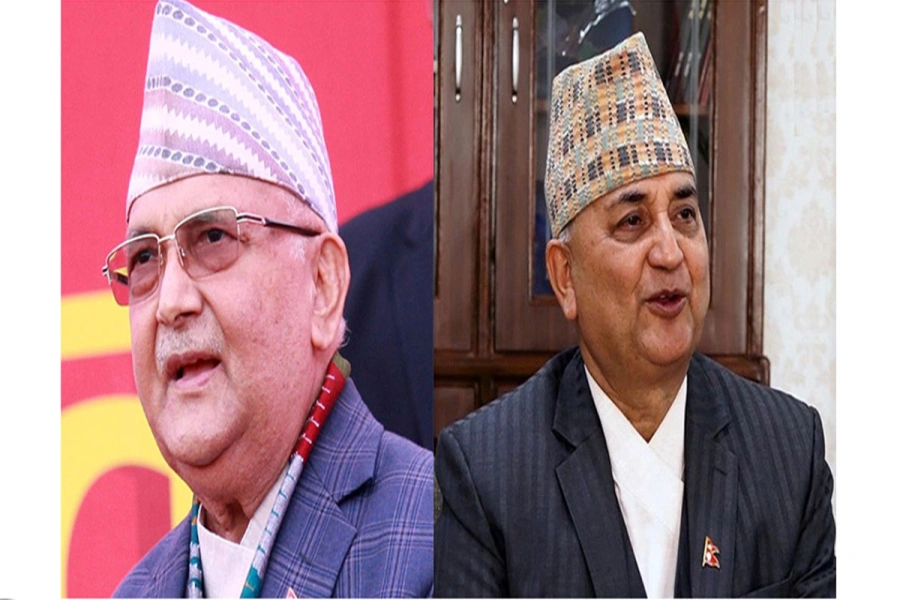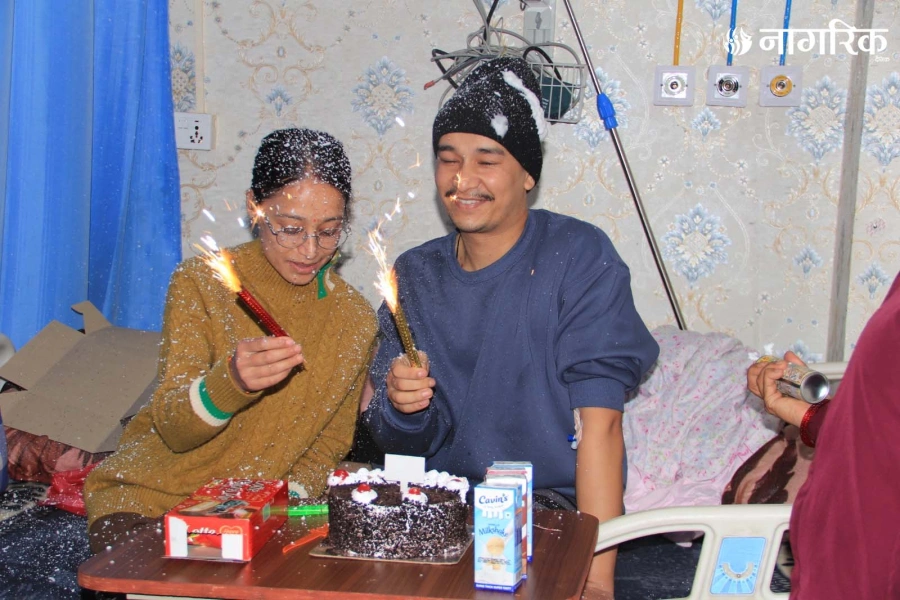Although the practice of Chaupadi has been declared illegal in Nepal since 2005, it is still practiced in many communities. Even today, women and girls have to face restrictions on common modern and educated households. Menstruation is stigmatized and shamed. In episode 3 of sexploration season 2, titled 'Modern Chaupadi', two SRHR youth activists Sijan Gelal and Ashirya Pradhan talk about the origins of restrictions and their impact on a modern day.
Chhaupadi is an ancient traditional practice in some rural parts of Nepal. It involves banishing women, often young girls, to mud huts or sheds for the duration of their period. It is believed they will otherwise bring their family bad luck, or ill health. Women and girls who menstruate are often left with little or no supplies, no basic facilities, and no menstrual protection, hygiene, sanitation, or other security during their time away from home. This can cause a range of health issues, along with physical and psychological effects. There have been multiple reports of deaths in chhaupadi huts due to suffocation, pneumonia, animal attacks, and other insecurity like rape.
Regardless of education and knowledge, in modern households too menstruating women are thought to offend the Hindu gods and bring down a curse on their households. They are restricted from visiting kitchens and temples during this period. In addition, they are prohibited from taking part in normal family activities and household chores, touching plants, etc. The deeply embedded existing social discriminations, deep-rooted cultural and religious superstitions among women, and gender inequalities still prevail in the urban areas in Nepal. It can be seen that education and awareness are not enough to make changes. There should be a balance between cultural and social practices during menstruation.
Sexploration Episode 1 Legislations should be made addressin...

"Menstruation is considered taboo in most Asian countries." Said Sijan Gelal. "With growing time there has been modernization regarding this issue. Something has improved while something is in the same state. There are so many thought processes that revolve around this single topic. The concept originated from the far western region and the modified versions are prevalent all over," she said. In the past, there was no education or awareness. But even with education and awareness still in some parts of the country, mensuration is taken as a sin and in some parts, mensuration is celebrated.
Addressing the origin, activist Gelal said, "I've heard that in the past there were no pads,they used to bleed, there was no underwear, so to prevent women from bleeding everywhere they were restricted." And temples were mainly situated in the jungle area. So, if a bleeding woman visits a temple, wild animals would follow the blood. So, the belief of not going to the temple and kitchen started from there. But with time people perceived it differently. The community endorsed that it should be the same way as in the past. " In terms of priority, that time and this time could be different but from generations, the concept continued and resulted in negative practice. What has been embedded, it stayed and grew."
Activist Pradhan said, "In the past, to carry the practice of keeping menstruating women separate, people used to make false claims to make the practice strict and make people follow it mandatorily."
Gelal added that "Even with the passing time, we have been so embedded with that false fact that at present we become reluctant to do things we are told not to do during menstruation." Activist Gelal said, "There are some improvements but still there is so much to do even when the government has penalized the Chaupadi practice. Pradhan added, "Change is happening but I think it will take a long time and it is a very gradual change. There are so many areas where activists cannot reach. One day's awareness is not enough. Activist Pradhan said that due to certain contexts the practice of isolation was practiced in the past but at present, it is affecting one's health and hygiene.
Dignified mensuration
Dignified mensuration can be defined as the state of freedom from any form of menstrual discrimination. This includes menstruators being free from stigma, taboos, abuse, and violence associated with menstruation. Activist Pradhan said, "our freedom should not be affected either during our menstruation or because we menstruate." Activist Gelal said, "it is a normal phenomenon. It is something that you deserve respect. It is a sign that a woman is capable of bearing a child. It should be celebrated. Gelal states that even an educated family is following the modern Chaupadi tradition. There is a lack of implementation of signified menstruation.
To bring change, the mindset should be changed away from traditional beliefs, culture, and religious taboos. Gelal said that there should be awareness and implementation of what kind of role men can play to support women during menstruation. There should be healthy discussions at home and to some extent, women themselves have to rebel against the bad practice by taking some risk even if family members get angry." Pradhan said, "Everyone should be understandable in school, workplace, and home and give respect to increase the self-esteem of menstruating women."
The problem of modern Chaupadi cannot be solved easily. It is a steady system. It needs practical and rational reasoning. Even after the leap taken into modernization backed by education, knowledge, and awareness people do not implement dignified menstruation. So, now change has to be started by both the family and society.
Video Link: http://bit.ly/3Vc5yXG







































